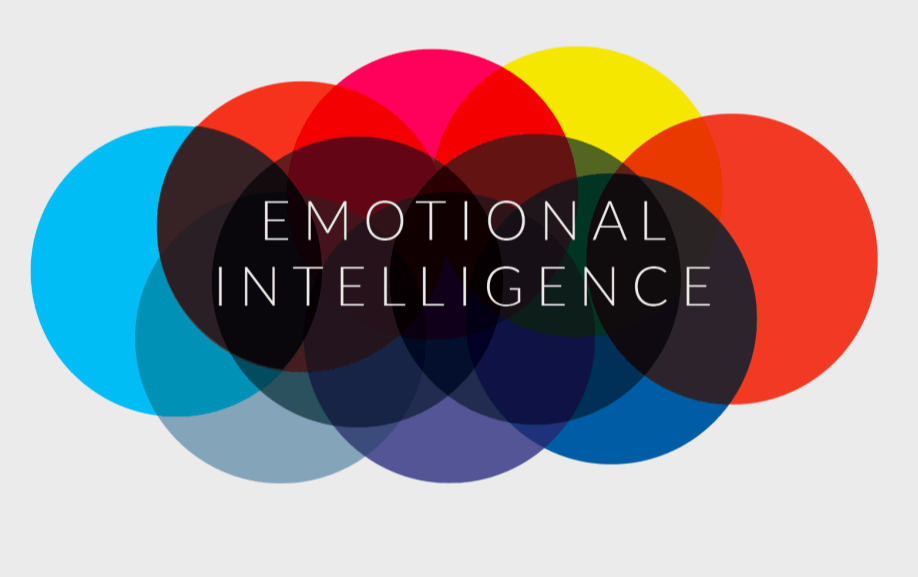
Emotional intelligence is the ability to reason and analyze emotions, as well as utilize emotions and emotional knowledge to enhance thought and action. There are four branches of emotional intelligence. Perceiving emotions is being able to correctly identify a persons’ emotions, through facial expressions and body language. Reasoning with emotions causes you to ask if you need to react to a persons’ emotions. Understanding emotions is your ability to analyze emotions. Managing emotions is your ability to control your emotions, and respond appropriately to others.
Daniel Goleman, along with Peter Salovey and John Mayer, have led the research in emotional intelligence and identifies its five features 1) self-awareness, 2) self-regulation, 3) empathy, 4) motivation, and 5) social skill.
- Self-awareness is your ability to recognize your emotions, and your strengths and limitations. To improve in this area, you can keep a log of disruptive emotions, detailing the trigger and your response.
- Self-regulation is your ability to manage your emotions and your impulses. To improve in this area you can practice breathing techniques.
- Empathy is your ability to identify and understand the emotions of others. To enhance your level of empathy, try imagining yourself in someone else’s position.
- Motivation is your level of desire to achieve goals. To improve in this area you can reassess your goals and set new ones.
- Social skills is involves managing relationships in a healthy way. To improve in this area you can develop your communication skills.
Signs that you have high emotional intelligence:
- You express your feelings clearly and directly.
- You easily provide the answer to “I feel like…”
- You are primarily positive.
- You are independent, self-reliant, and morally autonomous.
- You are motivated by the greater good of self and others.
- You are resilient.
- You show interest in other people’s feelings.
Signs that you could improve your emotional intelligence:
- You avoid taking responsibility for your feelings.
- You struggle to put together a three-word sentence starting with “I feel…”
- You have difficulty explaining why you feel the way you do.
- You attack, blame, command, criticize, interrupt, lecture, and judge yourself and others.
- You try to make others feel guilty.
- You lack integrity.
- You hold grudges.
- You’re insensitive to the feelings of others.
People with high emotional intelligence are likely to experience closer relationships, have better problem solving abilities, report higher well-being and life satisfaction, and demonstrate better work performance and higher academic achievement. People with lower emotional intelligence are more likely to experience psychological distress.
Emotional intelligence impacts relationships, mental health, leadership, parenting, getting along with others on the job, problem solving, coping with stress, and academics. It is important to assess your own emotional intelligence and implement strategies to improve. Take a quiz to see how well you read other people’s emotions, and take a quiz to assess your own emotional intelligence.
In a very real sense we have two minds, one that thinks and one that feels
–Daniel Goleman

